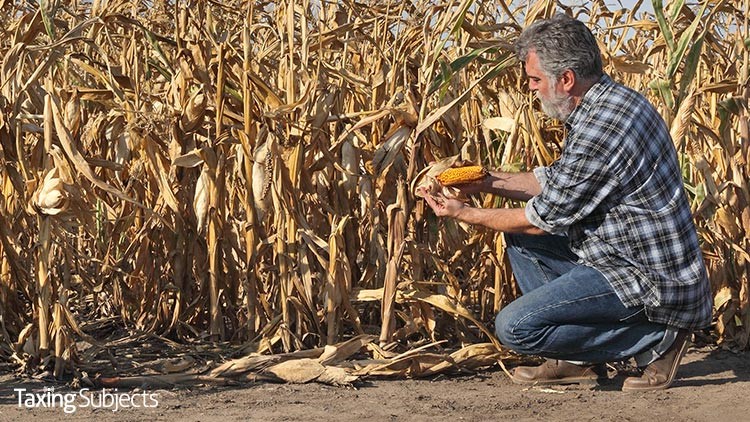Farmers Get More Time for Drought Relief Measures

American farmers and ranchers forced to sell livestock due to drought have been given some tax relief by the IRS. The measures give qualified taxpayers an extra year to replace livestock and defer tax on gains from the forced sales.
Applicants must be in a designated region. That means they must be in a county designated for federal assistance—or in a county contiguous to an eligible county.
Qualifications
To be eligible for the relief measures, the sales must be solely due to drought, floods or other severe weather that caused the region to be designated for federal assistance. Livestock generally has to be replaced within a four-year period, instead of the usual two-year period.
The relief generally applies to capital gains from sales of livestock held for draft, dairy, or breeding purposes. Sales of other livestock, such as those raised for slaughter or held for sporting purposes, or poultry, are not eligible.
Details, including an example of how this provision works, can be found in Notice 2006-82 (PDF), available on IRS.gov.
Qualifying counties have been deemed to be suffering exceptional, extreme, or severe drought conditions any week between Sept. 1, 2018 and Aug. 31, 2019. This determination is made by the National Drought Mitigation Center. All or part of 32 states, plus Guam, the U.S. Virgin Islands, and the Commonwealths of Puerto Rico and the Northern Mariana Islands, are listed in Notice 2019-54 (PDF).
Qualified farmers and ranchers whose drought-sale replacement period was scheduled to expire at the end of this tax year—Dec. 31, 2019 in most cases—now have until the end of their next tax year.
The IRS release announcing the extension says it’s conceivable the relief could impact sales beyond the 2018-19 time frame. “Because the normal drought-sale replacement period is four years, this extension immediately impacts drought sales that occurred during 2015. The replacement periods for some drought sales before 2015 are also affected due to previous drought-related extensions affecting some of these localities,” the IRS writes.
For more information on reporting forced sale of livestock due to drought and other farm-related tax issues, checkout IRS Publication 225, Farmer’s Tax Guide, available on IRS.gov.



